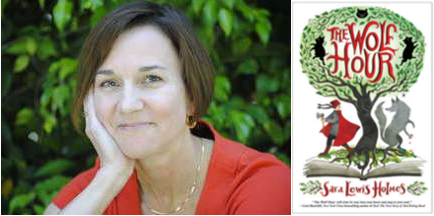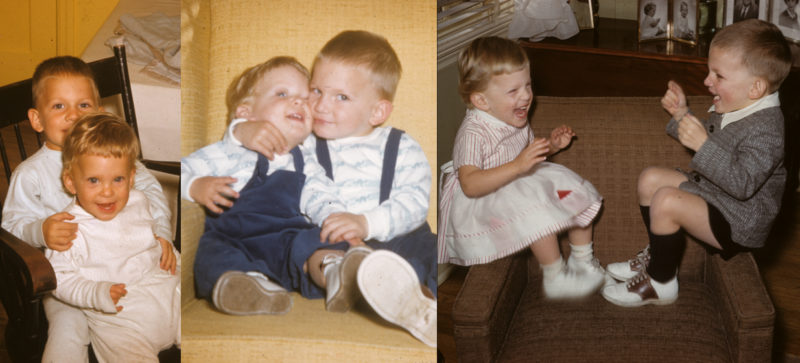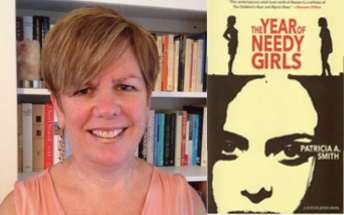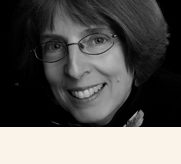 Last week I heard author Sara Lewis Holmes talk about school visits, then wondered what I would tell students about the story beneath the novel I’m currently writing. If this book ever gets published, what items might I bring with me when I visit a classroom? What images might I project on a screen? What is my truth behind the characters, setting, and interactions on these pages?
Last week I heard author Sara Lewis Holmes talk about school visits, then wondered what I would tell students about the story beneath the novel I’m currently writing. If this book ever gets published, what items might I bring with me when I visit a classroom? What images might I project on a screen? What is my truth behind the characters, setting, and interactions on these pages?
Now, of course it’s crazy to think about school visits before getting a contract on a manuscript, but what I’m really doing at this stage in my process is asking why I’m telling this particular story. Why does it matter to me? Why does my heart break for this protagonist? Why do I care?
To some, these questions might sound straight-forward, but for me, they feel kind of dangerous. When I was small, I learned to hide what I cared about. I learned that if I wore emotions on a sleeve, kids would pick on me. By first grade (and perhaps as early as nursery school), I knew not to cry in public. And forget about crying at home!

My brother was a master at pushing my emotional buttons, and by the time we got to high school (our birthdays are a year and a day apart), I tended to avoid him. Sometimes, when I walked into a room and found him already there, even if I wanted to be in that room, perhaps to watch TV (there was only one TV in our house) or talk with someone else—no matter the circumstance—I’d turn around and walk out, distancing myself from his little put-downs. I relished my self-control and wished I could come up with pithy one-liners to irk him the way he did me. But unlike my brother, who’s extraordinarily quick on his feet, I’ve never been quick on mine.
Fast-forward a few decades and here I am, struggling to unpack and unlearn the coping mechanisms that helped me survive as a child. While the arts of avoidance and hiding emotion undoubtedly served me well, they’re lousy skills for a writer. How can I possibly craft fully human characters when I’ve spent a lifetime dodging conflict and denying the vulnerable parts of myself?
So when I met Sara Lewis Holmes during a roundtable discussion at the annual SCBWI Mid-Atlantic fall conference last week, her comments about bringing along personal show-and-tell items on school visits inspired me to ask what it is about my characters that resonates with me personally. What do I care about? What frightens me? Excites me? Makes me feel ashamed? This morning I scribbled page after page, touching on emotional places I’ve avoided. I set my computer aside and wrote by hand, getting a flow going, uncovering resentments and frustrations. For years, writing boy characters has felt easy. I’ve depicted them with strength and purpose—the very traits I wanted for myself but was not expected to develop because I was a girl. When I’ve written girl characters, often they’ve come across as stereotypes and I’ve thrown out their scenes.
 Earlier this month while talking with fellow Richmond, VA, author Patty Smith, I mentioned my struggle to write girl scenes, and she observed that maybe I didn’t like my girl characters in the same way I didn’t like the girl I was when I was growing up. What a great insight! Thank you, Patty. I have a lot more digging to do.
Earlier this month while talking with fellow Richmond, VA, author Patty Smith, I mentioned my struggle to write girl scenes, and she observed that maybe I didn’t like my girl characters in the same way I didn’t like the girl I was when I was growing up. What a great insight! Thank you, Patty. I have a lot more digging to do.
On the surface, the business of writing for young readers might appear fun and even glamorous (some schools treat authors like rock stars), but deep down it’s raw, explosive, dangerous work. And I’m in the thick of it.

Thank you for this thoughtful piece! I’d always had trouble writing girl characters for the same reason — that I didn’t like the girl I was growing up. And as I think about it, my facing the girl I was growing up, which I had to do to write ROGUE, has unlocked my ability to write other girl protagonists. That said, as you describe your relationship with your brother, I can definitely see how you incorporated that in Shad’s relationship with Jeremiah in BROTHERHOOD.
I made Jeremiah way worse than my brother was to me, but I did channel into Shad my experience of always feeling second-fiddle. My brother was/is athletic, smart, and good-looking, while I was less so in every way.
Great insight! I guess it’s important to not only love your characters, but love yourself.
So true! And so hard to do.